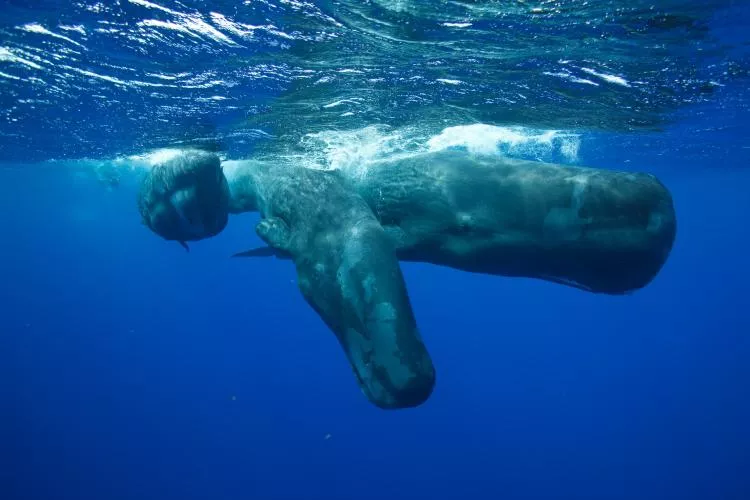Will we learn to speak whale?
A team of researchers is using artificial intelligence focused on processing written and spoken human language to contextualize and translate the communication of sperm whales. The team hopes to be able to communicate with sperm whales in just five years.
Project CETI is a nonprofit organisation applying machine learning and robotics to listen to and translate the communication of whales. The organisation is working to develop a deeper understanding of the complex system of communication that sperm whales use and share this understanding with the world.
Cetaceans are unique non-human model species, as they possess sophisticated acoustic communications but utilize a very different encoding system that evolved in an aquatic rather than terrestrial medium. Sperm whales, in particular, with their highly-developed neuroanatomical features, cognitive abilities, social structures, and discrete click-based encoding, make for an excellent starting point for advanced machine learning tools.
Codas
With brains six times larger than ours, sperm whales (Physeter macrocephalus) have intricate social structures and spend much of their time socializing and exchanging patterned clicks. This symphony of clicks, known as codas, might be sophisticated enough to qualify as a full-fledged language.
Codas appear to be rich in information about the caller’s identity, and there is some understanding of the diversity of coda types and the patterns of variation in their usage. Yet, the communicative function of particular codas themselves is still largely a mystery. Codas are exchanged in duet-like sequences between two or more sperm whales. There is apparent turn-taking with whales responding within two seconds of each other, often overlapping and matching identical calls
Researchers are using natural language processing or NLP—a subfield of artificial intelligence focused on processing written and spoken human language—which will be trained four billion sperm whale codas.
Analysis
The plan is to have the AI correlate each sound with a specific context—a feat that will take at least five years, according to the researchers. The hope is to expose the underlying architecture of whale chatter: What units make up whale communication? Is there grammar, syntax, or anything analogous to words and sentences? The quest is likely the largest interspecies communication effort in history.
Michael Bronstein, the lead of machine learning for Project CETI, told Hakai: "If we discover that there is an entire civilization basically under our nose—maybe it will result in some shift in the way that we treat our environment."



























